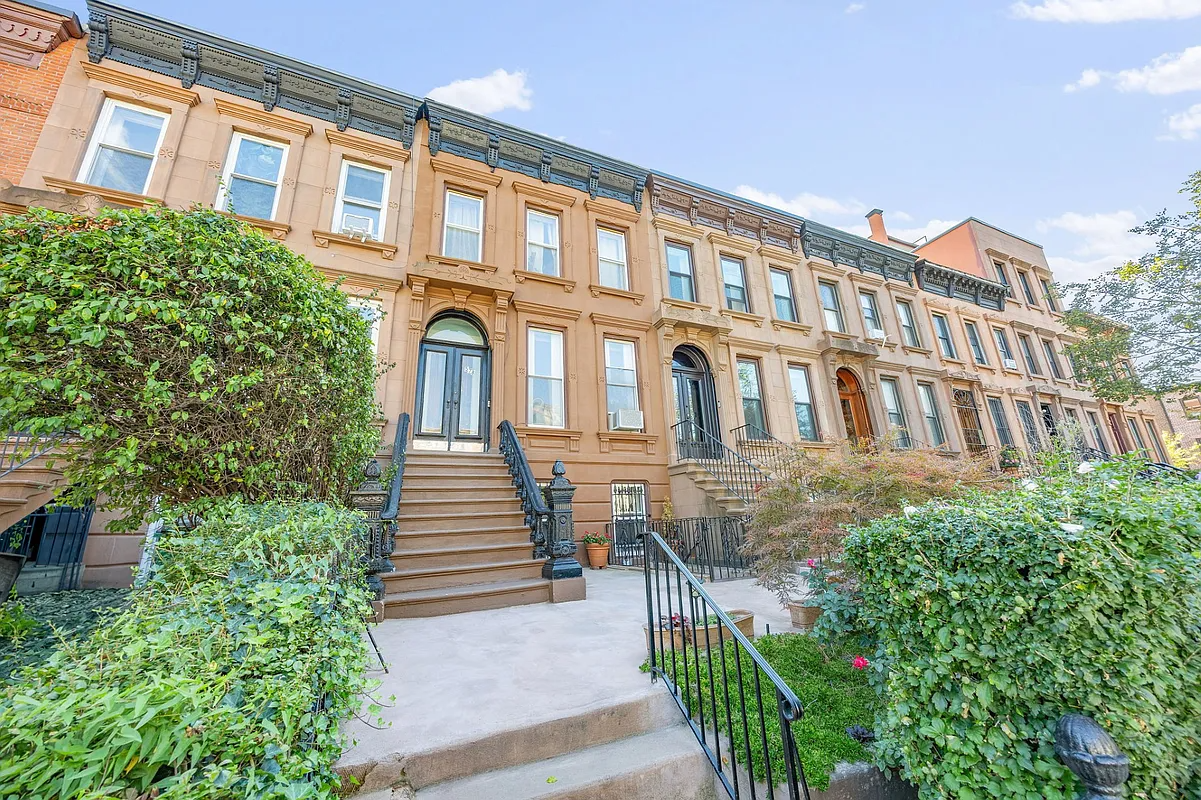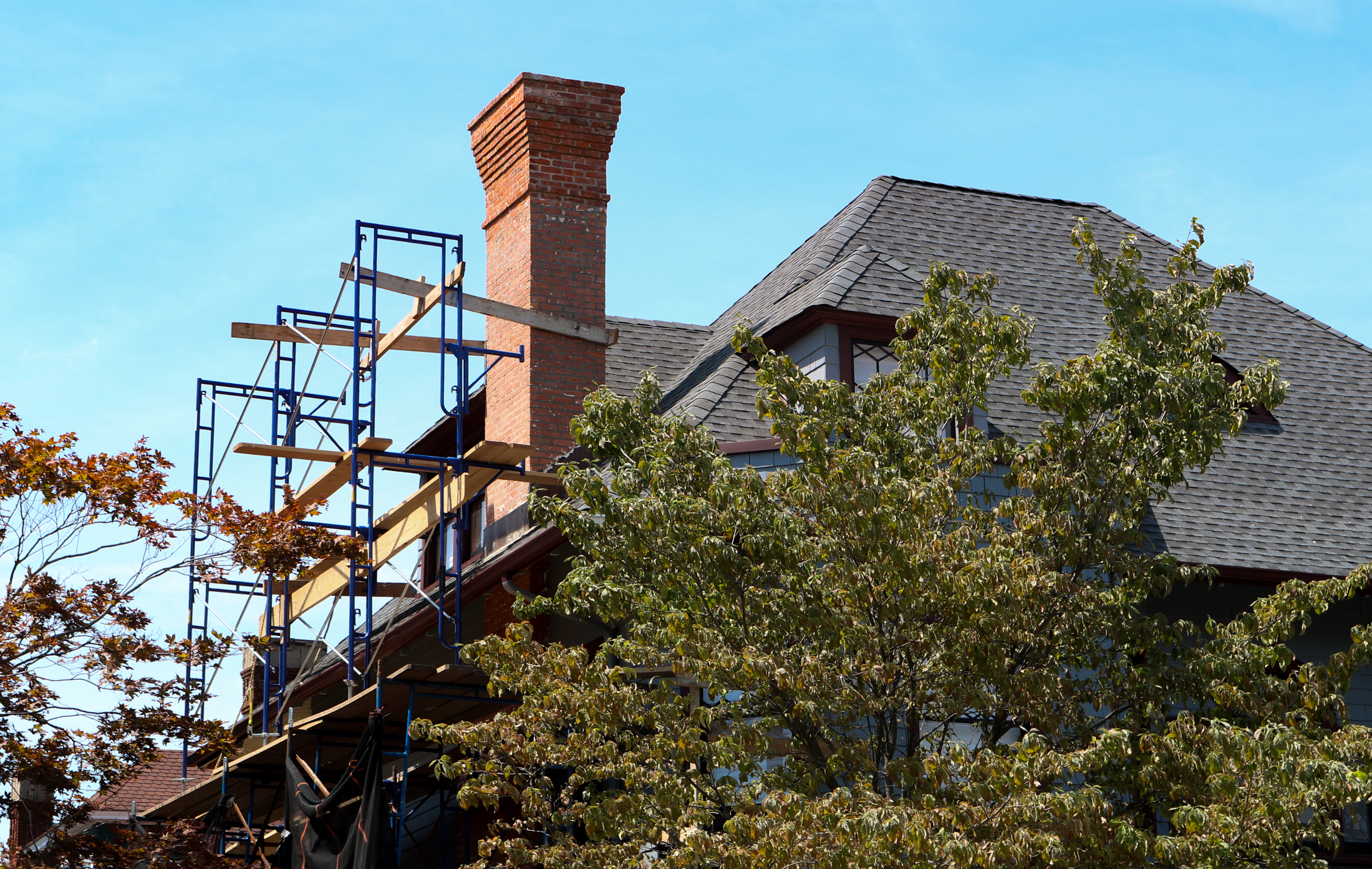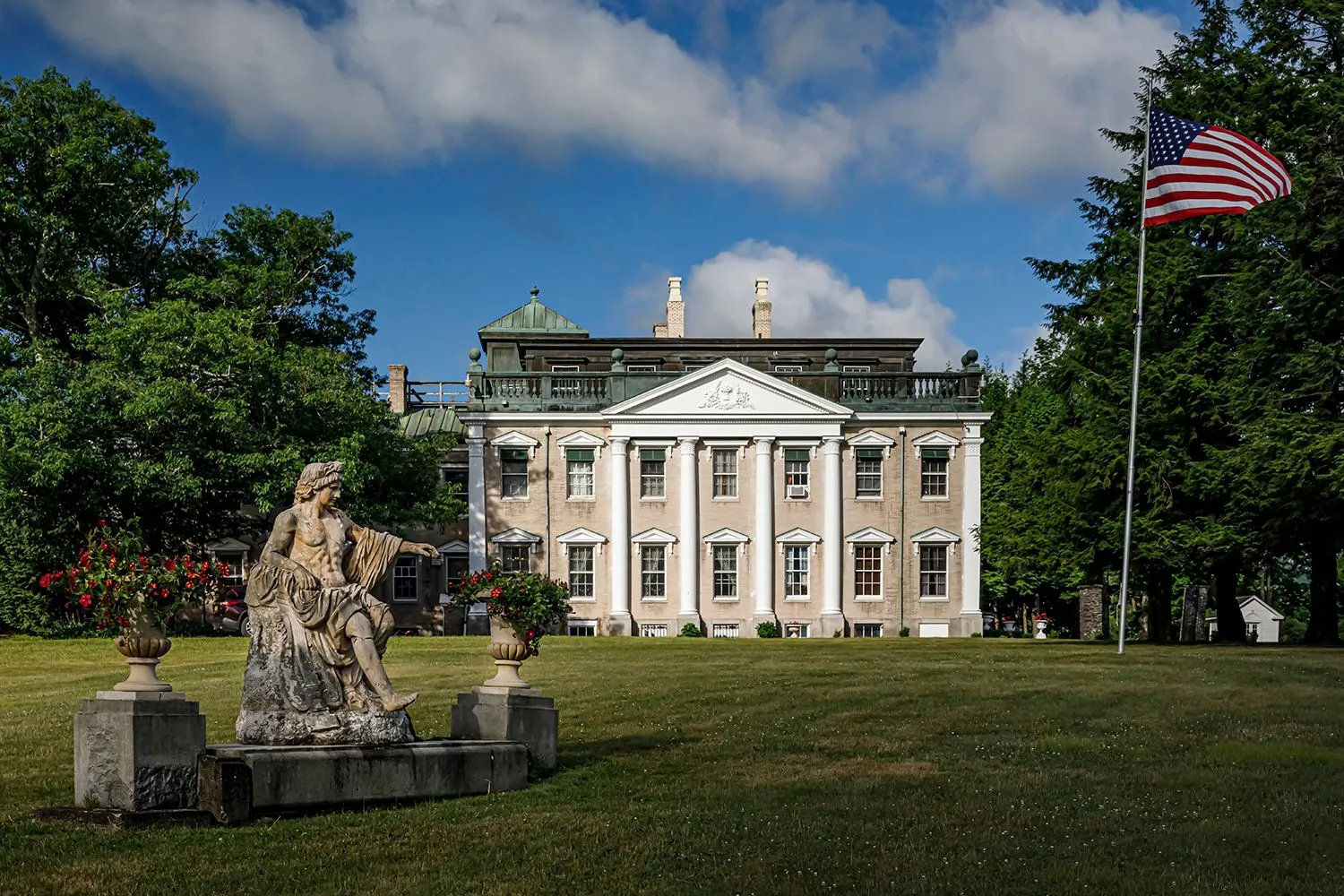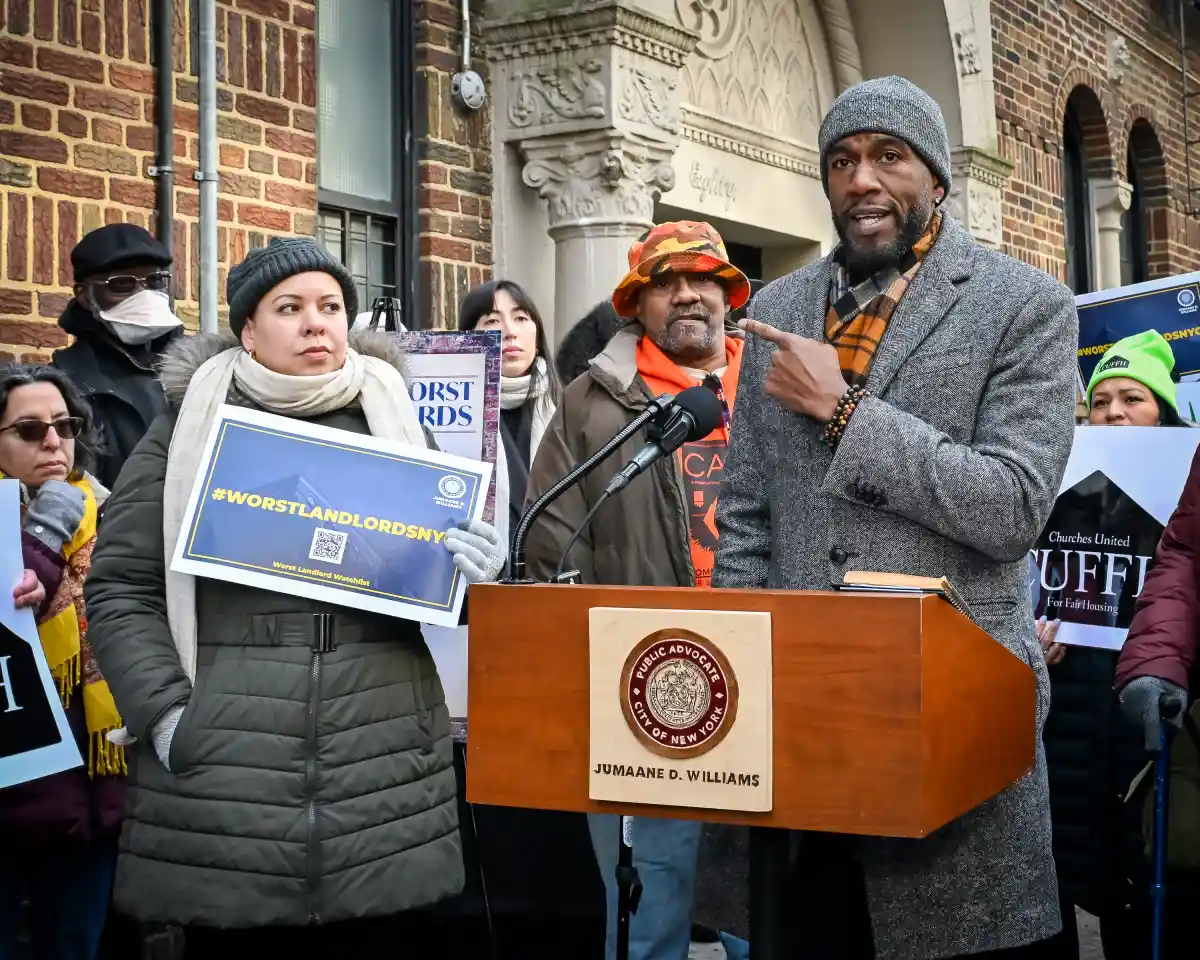Better to Buy or Rent?
The Times took a look this weekend at the math underlying the rent-versus-buy decision. One conclusion of the study was that is was about twice as expensive to buy right now in New York than rent on a purely monthly after-tax cash flow basis. The conclusion seems to be that buying right now only makes…


The Times took a look this weekend at the math underlying the rent-versus-buy decision. One conclusion of the study was that is was about twice as expensive to buy right now in New York than rent on a purely monthly after-tax cash flow basis. The conclusion seems to be that buying right now only makes sense if you believe prices will continue to rise:
For new home buyers, prices in New York would need to rise roughly another 13 percent over the next five years for the average buyer to do better than the average renter over that span. In Northern California, where the gap between house prices and rents is largest, home values would need to go up about 19 percent by 2010. Over the next decade, the break-even increase is about 25 percent in New York and 40 percent in California.
The article also points out that it’s impossible to account for the psychic benefit someone may derive from owning. True, but the psychic toll of losing equity also isn’t being accounted for!
Is It Better to Buy or Rent? [NY Times]





Perhaps this is obvious, but in the “intangible benefits” column are those quality of life issues. Even if we are paying slightly more now in to own in Bed-Stuy than we did to rent in FG, we have 3x the space, a garden, a w/d, and we are able to make improvements to our place and make our day-to-day life better, knowing that we are investing in ourselves instead of in someone else’s property. Also it’s a matter of diversifying your investments. I wouldn’t want to put all my money in real estate, but it’s not bad to have 20% or so invested in real property.
Anon 11:00AM – a good rule of thumb is that a management company will cost you 95% of all potential profit vs. managing it yourself.
Are you assuming rent will be $1815/mo. in 2035?
Linus, taking the article’s #’s at face value. The property is selling for $750K and rent for $2400. According to the article, owning costs $3720/month. Rent costs $1815/month. Over 30 years, costs $1.34MM vs. renting $653K.
If prices fall, obviously renting beats buying. If prices remain stable, renting beats buying for the entire duration of the loan. At the end of 30 years the renter is ahead by $687K. In fact house prices would have to increase by 91.6% in order to break even with the renter by year 30.
You brought up what happens after the mortgage is paid off. You no longer have the $2400/month mortgage payment. But it would take you 23.8 additional years to really break even with the renter. So your talking 53.8 years to break-even on the renter if todays prices remained level. That a longtime.
Linus, taking the article’s #’s at face value. The property is selling for $750K and rent for $2400. According to the article, owning costs $3720/month. Rent costs $1815/month. Over 30 years, costs $1.34MM vs. renting $653K.
If prices fall, obviously renting beats buying. If prices remain stable, renting beats buying for the entire duration of the loan. At the end of 30 years the renter is ahead by $687K. In fact house prices would have to increase by 91.6% in order to break even with the renter by year 30.
You brought up what happens after the mortgage is paid off. You no longer have the $2400/month mortgage payment. But it would take you 23.8 additional years to really break even with the renter. So your talking 53.8 years to break-even on the renter if todays prices remained level. That a longtime.
Linus:
What kind of property are you thinking of buying, and where? See, it may not make sense to wait in your situation. If you’re talking a total fixer-upper that you’re getting for 700k (don’t mock me, I totally don’t know Bk prices) and can rent out a couple of apartments and be confident that the nabe is gentrifying and do renovations on the cheap and what-is-necessary schedule, then jump!
Personally, we’re too old and fixed in our ways to do that and don’t want to be landlords and have to take out the trash and shovel snow.
Anon at 11:17 raises a good point. As a renter, I live here at the discretion of my landlord and it would certainly be annoying to have to move around with kids, etc. Not to mention expensive. But to me, it’s all about price points. With the kind of crazy rent I’m paying, the costs of having someone pack, move, and unpack us is minimal compared to the cost/ month of rent.
What I think is this: prices may stay flat if interest rates do not rise but prices will most certainly go down if interest rates rise to 8% on a 30-year. By my calculation (if you see the prices drop by 10%, interest rates go up to 8ish% example), you are not further behind if you wait to buy. One big mantra – apples to apples. I don’t know the Bk market at all, and prices are so high on the UWS that a 10% drop is not that crazy. On the other hand, if you’re talking Bk brownstones in a quickly gentrifying nabe, it is entirely possible that the prices won’t drop precisely because you’re not paying for the same thing any more. On the UWS, the situation below 96, the status quo has held for a long time.
Another example, my family bought on the low end of suburban tract housing in late 80s at the height of the boom. During the crash, because they bought at the entry point, prices never went lower than what they paid for their kind of house. The same kind of market forces may very well apply to various NYC nabes and types of housing.
anon 10:58, you split the percentage of the building that is personal residence and take the interest deduction on that portion and then take depreciation on the “business” portion.
Same thing is done with tax, insurance, heat, water, etc.
A couple of other points on this discussion:
1) 13% over 5 years isn’t much. It’s only 2.5%/year which is right around the rate of inflation. Sure the market has gone up and it could go down or stay flat but a 2.5% increase per year over the next 5 years is not at all unreasonable, many would say it’s very conservative.
2) When you get a long term mortgage like a 30 yr fixed, your payment is just that, fixed. Rent goes up each year and a landlord can end your lease if they want forcing you to incur moving costs, higher rent, etc. The rising rent is especially significant for those who are interested in getting in on emerging neighborhoods. While it’s not for everyone, going to a place like Bed-sty, Crown Heights, Sunset Park, etc. allows you to get in now and lock in your payment. Over a 5 year period people get pushed from neighborhoods as rent goes up. 5 yrs ago the people renting in those neighborhoods were renting in Park Slope, Fort Green, and Prospect Heights.